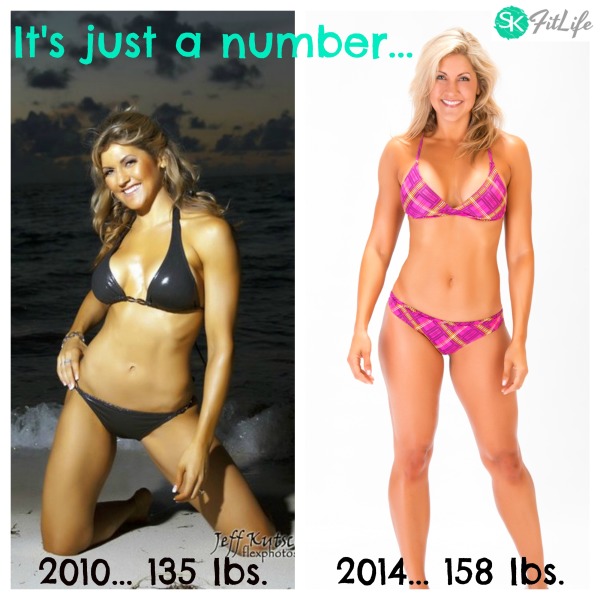 Stop Chasing Skinny Episode #17
Stop Chasing Skinny Episode #17
What Is Disordered Eating? with Dr. Jill Ilagan
Our new social normal is riddled with disordered eating and eating disorder-type behaviors. Diets, detoxes, lifestyle food choices that eliminate entire food groups, the scale, calorie counting, and constantly critiquing our bodies just to name a few.
I wanted to bring a guest onto the show to let us know what disordered eating looks like. I highly encourage you to share this with your friends, family members, and people you know who work in the health, wellness, and fitness industry. As fitness professionals, we have a wonderful platform to either foster a healthy change or perpetuate the problem.
It’s also important to think about who you look up to when it comes to fitness and nutrition… someone who has an unhealthy approach to their own health will inevitably project some of these unhealthy beliefs onto their clients/followers because we teach what we are. I’m a work in progress every single day.
The podcast lineup includes:
Episode #17: Disordered Eating… Listen below.
Episode #18: Eating Disorders. From the psychologists I have spoken with, eating disorders are some of the most challenging to treat so if we are suffering, we MUST get help. We also cover how we can recognize it in those we love and how to best support someone who is working through an eating disorder.
Episode #19: Spiritual healing and developing a healthy relationship with food and body image. This guest also works as a life coach and offers valuable tools for all of us. There is a good chance we are self-medicating with something even if it isn’t food. I have been guilty of the following self-medicating tools in addition to food: shopping, drinking, too much exercise, and obsessing over work just to name a few.
Episode #20: ATHLETES… what does it look like to go too far? For me, it was severely interrupted sleep due to too few carbs, getting down to a size 2 and never wanting to leave it (I currently wear a 6-8 just for a frame of reference), and eventually adrenal failure… causing major depression. That is pretty extreme but you see where I’m going with this. If you feel COMPELLED to do something and your entire day is completely ruined because you didn’t get to do it, you will want to listen to this one.
Show Notes
What is disordered eating?
This could come from a number of things such as:
- counting calories
- body image
- how much self-worth is wrapped up in the number on the scale
- how close one can get to the idealized body type one has in their head
- over exercising
- laxative use
- feeling shamed about your body
- feeling guilty about how you are eating your food or not eating your food
- and even just thoughts about health and wellness taking up more and more energy and time inside your head
I have gained 23 pounds over the past few years but I pretty much look the same and sure as heck feel 100 times better. I am strong and fueled and only spend a fraction of my time thinking about food.
Numbers stick in people’s heads because they are concrete and measurable and that is what helps people not feel as anxious as long as the numbers are going in the right direction… but when you see the numbers going in the wrong direction, you see anxiety peek and then these behaviors come in to get the number going back in the right direction so that the anxiety can decrease.
Could you please give us some tips on reframing the habit?
Self Control… it is like a muscle which means you can either neglect it or over work it during your busy day, leaving your will power weak and tired in the evening.
Narrative Therapy… Changing a problem story line such as, “I’m an all or nothing person and if I start eating it, I am going to finish it.”
A technique for navigating disordered eating is call Externalization and it’s is when we separate out a problem from a person and identify it’s characteristics, how it impacts the person, what it looks like, and we name it as well. Oftentimes for Eating Disorders we will use the name Ed, unless someone comes up with their own name. For Disordered Eating we used the name Deat when referring to the behaviors and symptoms associated with Disordered Eating or Deat.
This technique is very helpful for people as it gives them space & separation from their problem so they can observe it with perspective and then make decisions about how they want to respond to it. It alleviates some of the blame and guilt, while at the same time allowing people to choose to take back control if that’s what they want to do.
Here is a link to a book that I highly recommend for people to read whether they in a relationship with Ed or Deat. Even if you just read the homepage or first paragraph it explains this technique very clearly.
http://www.jennischaefer.com/books/life-without-ed/
Media literacy… what are they selling? Is it realistic? Etc…
Blog Post: 5 Weeks Out
https://www.skfitlife.com/2012/03/22/fitness-competition-prep-5-weeks-out/
Moral Judgement on Foods
In marketing and branding, there are so many factors involved.
How can listeners reach you? Are there any other resources you would like to suggest?
You can find all of Dr. Jill’s contact information on her website here: http://www.drjilltherapy.com/ or send her an email: drjilltherapy@gmail.com
Also mentioned by me, Daring Greatly: How the Courage to Be Vulnerable Transforms the Way We Live, Love, Parent, and Lead



